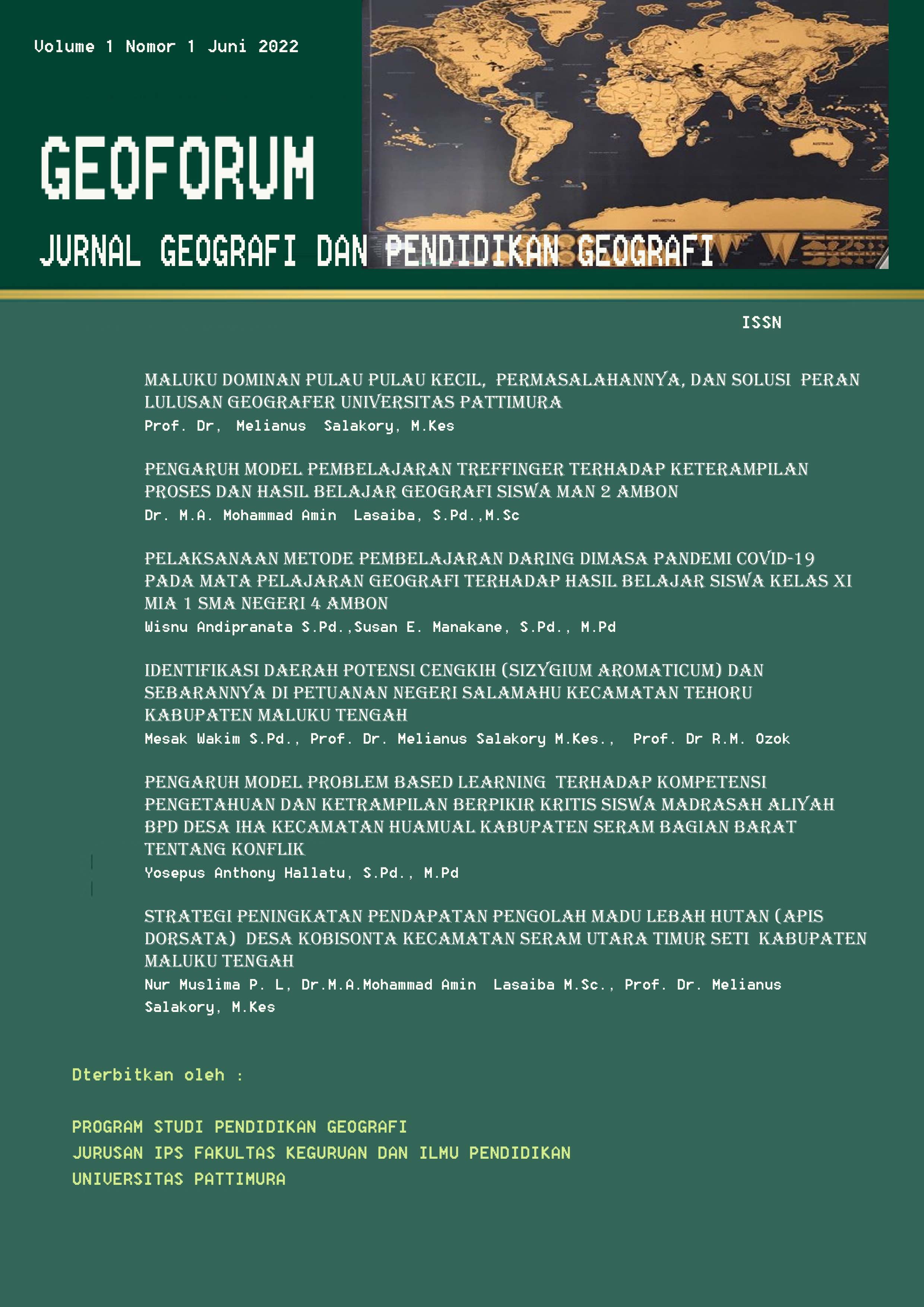The Dynamics of Implementing Sustainability Accounting Standards in Improving Financial Transparency and Accountability
Dinamika Penerapan Standar Akuntansi Keberlanjutan dalam Meningkatkan Transparansi dan Akuntabilitas Keuangan
Abstract
This study analyzes the dynamics of implementing sustainability accounting standards in enhancing financial transparency and accountability. Various key standards, such as the Global Reporting Initiative (GRI), Sustainability Accounting Standards Board (SASB), International Financial Reporting Standards (IFRS) Sustainability Disclosure, and the Task Force on Climate-related Financial Disclosures (TCFD), have been adopted across different countries and industries to improve the disclosure of Environmental, Social, and Governance (ESG) information. This study employs a literature review approach to evaluate the global variations in the implementation of sustainability standards, as well as the challenges and opportunities associated with their adoption. The findings indicate that adopting sustainability standards contributes to greater financial transparency by providing stakeholders with broader access to corporate financial and non-financial data. Additionally, corporate accountability is enhanced through stricter reporting obligations and active engagement with investors and regulators. However, several challenges hinder implementation, including the lack of harmonization of standards at the international level, high implementation costs, and limitations in collecting and verifying sustainability data. On the other hand, opportunities to improve the effectiveness of sustainability accounting implementation continue to grow with the adoption of digital technologies such as artificial intelligence (AI), big data analytics, and blockchain, as well as the increasing awareness of ESG factors among investors. This study recommends the need for global harmonization of sustainability standards, the utilization of technology in reporting processes, and capacity building for companies in preparing sustainability reports. Thus, sustainability accounting is not only a regulatory compliance tool but also a business strategy that supports long-term sustainability and enhances corporate competitiveness in the global market.
Downloads
Copyright (c) 2025 Lizvan M. Sitorus, Sucipto Febrianto

This work is licensed under a Creative Commons Attribution 4.0 International License.





















